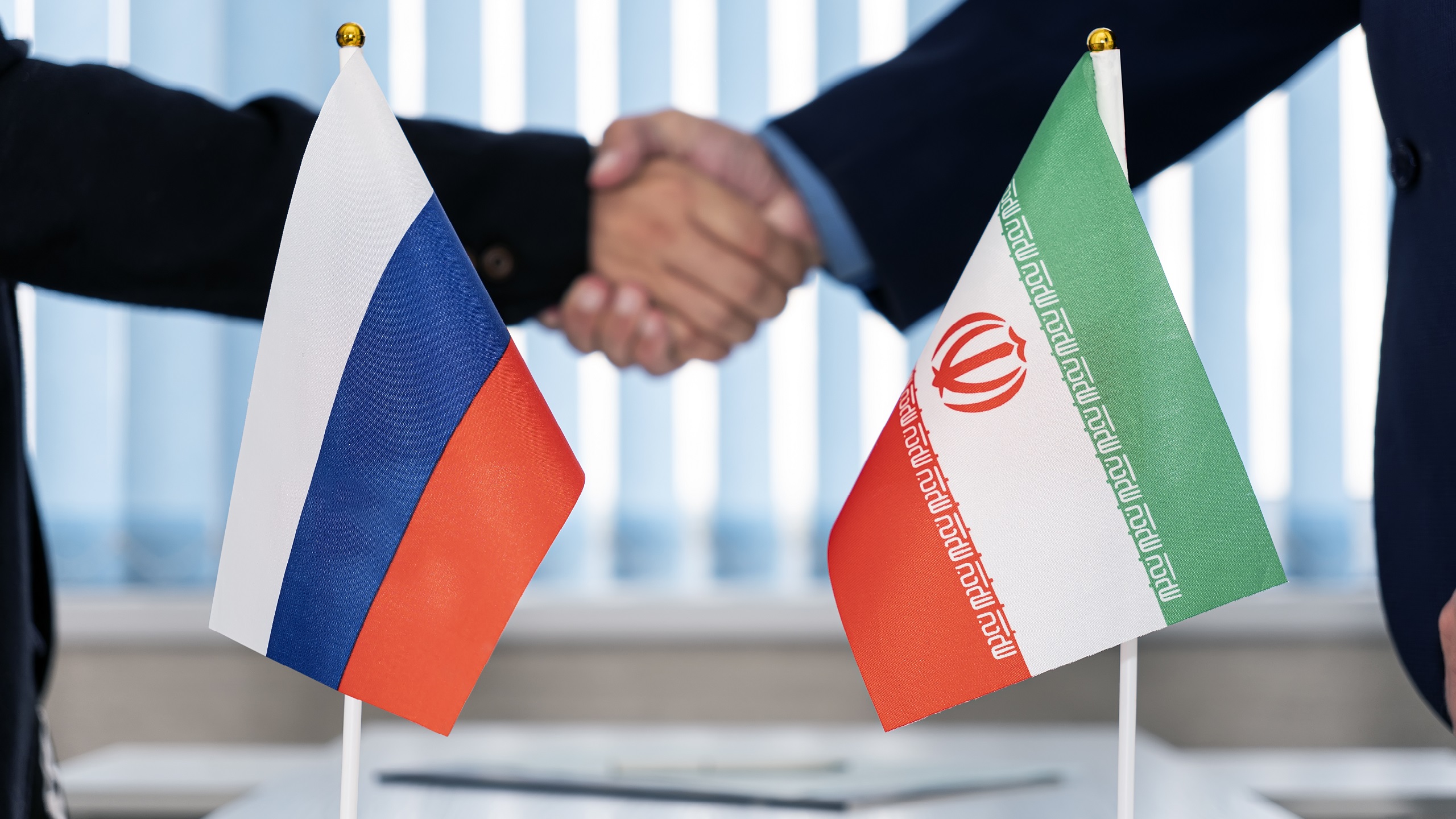New Iran-Russia Security Partnership Signed in Moscow
The Wagner rebellion may have enhanced Russia's desire to increase security collaboration with international allies
Iran and Russia signed a new cooperation agreement Wednesday to expand bilateral security and law enforcement cooperation.
According to IRNA, the official Iranian news agency, the deal was signed in Moscow by Iran’s police chief, Ahmad Reza Radan, and the head of Russia’s national guard, Viktor Zolotov.
Both countries are facing internal opposition to their leadership. In Iran, the Women, Life, Freedom movement has mounted anti-government protests since September 2022. In Russia, President Vladimir Putin staved off a mutiny the previous Saturday by Yevgeny Prigozhin, leader of the private army known as the Wagner Group.
Dr. Afshin Shahi, associate professor of Middle East politics and international relations at Keele University, told The Media Line that the aborted Wagner mutiny “has cast a spotlight on the more precarious aspects of Putin’s reign, revealing it to be far less stable than previously assumed.” As a result, he said, Putin has been casting a wider net in search of international support, “seeking alliances beyond the Russian security-political establishment.”
When Belarus leader Alexander Lukashenko helped negotiate an end to the Wagner crisis, Shahi says, it became clear that Putin’s foreign allies could be “more instrumental in providing support during the crisis than some members of Putin’s internal political elite, who offered minimal assistance.”
This holiday season, give to:
Truth and understanding
The Media Line's intrepid correspondents are in Israel, Gaza, Lebanon, Syria and Pakistan providing first-person reporting.
They all said they cover it.
We see it.
We report with just one agenda: the truth.


Putin may have concluded that closer security ties with Iran would be a prudent investment. “The expectation being that, in times of crisis, the Islamic Republic could provide much-needed assistance to stabilize Putin’s position,” Shahi explained.
Dr. Roxane Farmanfarmaian, a lecturer in Middle East Politics at Cambridge University, noted that the two countries may also hope to block future Wagner penetration of the Islamic Republic. “It is possible that Iran and/or Russia were worried Wagner forces might bleed into Iran from Azerbaijan,” she told The Media Line.
Farmanfarmaian also noted that the Iranian police chief’s visit to Iran was hastily arranged right after the mutiny’s failure, “to show support and capitalize on the crisis for Iranian gain.”
Iran’s internal security concerns are also a consideration. Faced with economic adversity and a “profound legitimacy crisis,” Shahi said, Iran is “increasingly reliant on political violence to uphold the status quo.” The more these pressures intensify, the more the Iranian regime seeks to boost its mechanisms of social control.
The Iranian government’s cultivation of a stronger alliance with Russia is central to this strategy, Shahi explained, as the Kremlin is renowned for its sophisticated repertoire of repressive resources.
Since the beginning of popular protests in Iran last September, Shahi said, “Russia has been strengthening Iran’s surveillance infrastructure with state-of-the-art technology, equipping them with advanced communication systems, high-precision eavesdropping devices, photographic equipment, and lie detectors.” In return, Iran has provided Russia with drones for their war in Ukraine.
Dr. Sergei Melkonian, a researcher at Armenia’s Applied Policy Research Institute, told The Media Line that the two governments need each other. “Russia needs a stable Iran and Iran needs a stable Russia,” he said.
In addition to their internal challenges, both Iran and Russia are implicated in multiple armed conflicts abroad. Russia is active in Ukraine, above all, but has also long intervened in Syria and Nagorno-Karabakh. Iran, for its part, is active in Syria, Iraq, and Yemen.
These international engagements are expensive and “increase the vulnerability of state institutions,” Melkonian said. The new agreement signed Wednesday creates a legal basis for mutual support during crises. Now, he said, “Russia can request Iran’s assistance to suppress uprisings, and vice versa.”

